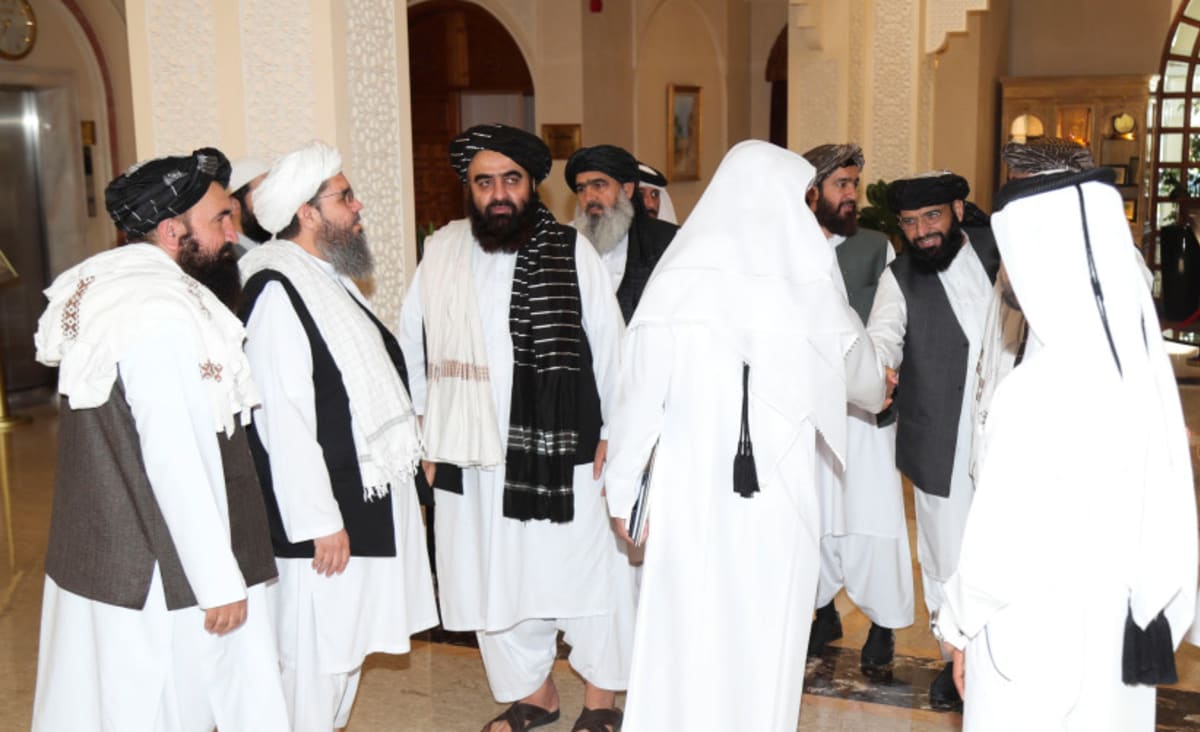
www.jpost.com
How America failed in Afghanistan explored in new book - review
The warning signs for the eventual failed US experience were clear from the start.
International
Soon after the US removed the Taliban from power in Kabul in 2001, in the wake of the 9/11 terror attacks, there was already a realization how dangerously naïve the US was about involvement in a complex country. One US general, Stanley McChrystal, compared Americans to high school students entering a bar full of mafia members.
The problem was deeper than just being naïve. Even when America was aware of what it did not know about Afghanistan, it still didn’t seem to bother to educate key leaders about what was going on. This was clear in everything from not understanding tribal dynamics, to coddling warlords and corrupt locals who appear to have robbed the US of billions.
Today the war is over and we know how it ended. David Loyn’s new Long War is an excellent account of the US involvement in Afghanistan. It begins by sketching the plodding first moves the US made in 2001, ejected the Taliban from power, through to the surge that was supposed to help win the war, and then the long slow defeat of the US and the US-backed government. While the book was written before the US withdrawal, it correctly addresses the problems that led to the collapse of the country this year. The author also tries to take a broad approach in diagnosing what went wrong. One question he addresses is whether strategy and tactics were wrong from the start. “There is no doubt that the light footprint approach did not bring all the capacity of the US had at its disposal to leave a stable country.” He notes that at the beginning the US didn’t even capture the man who was responsible for 9/11. Osama bin Laden was able to evade capture for another decade.
What Loyn’s book reveals is how the US, from the beginning, never seemed to want to win the war. There is something inexplicable here in reading this book because it sheds light on how the failure took place. It also leads one to wonder what the war was really all about: Billions of dollars disappeared, much of it on projects that never materialized. Tremendous levels of corruption appear to have underpinned the war. Why did the US not bother to capture bin Laden in 2001, and instead seemed to outsource the search for the terrorists to locals and even those in Pakistan who had supported the Taliban and al-Qaeda.
Another issue underpinning the war was the discussion about strategy. Talk of a “small footprint” and precision airstrikes being used to unseat the Taliban, without the US getting sucked into some kind of Vietnam scenario, was one aspect of the conflict. But that concept of counter-terrorism operations worked in Syria against ISIS. So why didn’t it work in Afghanistan? Because it appears that from the beginning the Taliban were allowed to continue to operate throughout the country and receive open support from places like Pakistan. Yet the US trudged on, not seeking to win and knowing that partners on the ground were problematic.
What Loyn’s book reveals is how the US, from the beginning, never seemed to want to win the war. There is something inexplicable here in reading this book because it sheds light on how the failure took place. It also leads one to wonder what the war was really all about: Billions of dollars disappeared, much of it on projects that never materialized. Tremendous levels of corruption appear to have underpinned the war. Why did the US not bother to capture bin Laden in 2001, and instead seemed to outsource the search for the terrorists to locals and even those in Pakistan who had supported the Taliban and al-Qaeda.
Another issue underpinning the war was the discussion about strategy. Talk of a “small footprint” and precision airstrikes being used to unseat the Taliban, without the US getting sucked into some kind of Vietnam scenario, was one aspect of the conflict. But that concept of counter-terrorism operations worked in Syria against ISIS. So why didn’t it work in Afghanistan? Because it appears that from the beginning the Taliban were allowed to continue to operate throughout the country and receive open support from places like Pakistan. Yet the US trudged on, not seeking to win and knowing that partners on the ground were problematic.
























































